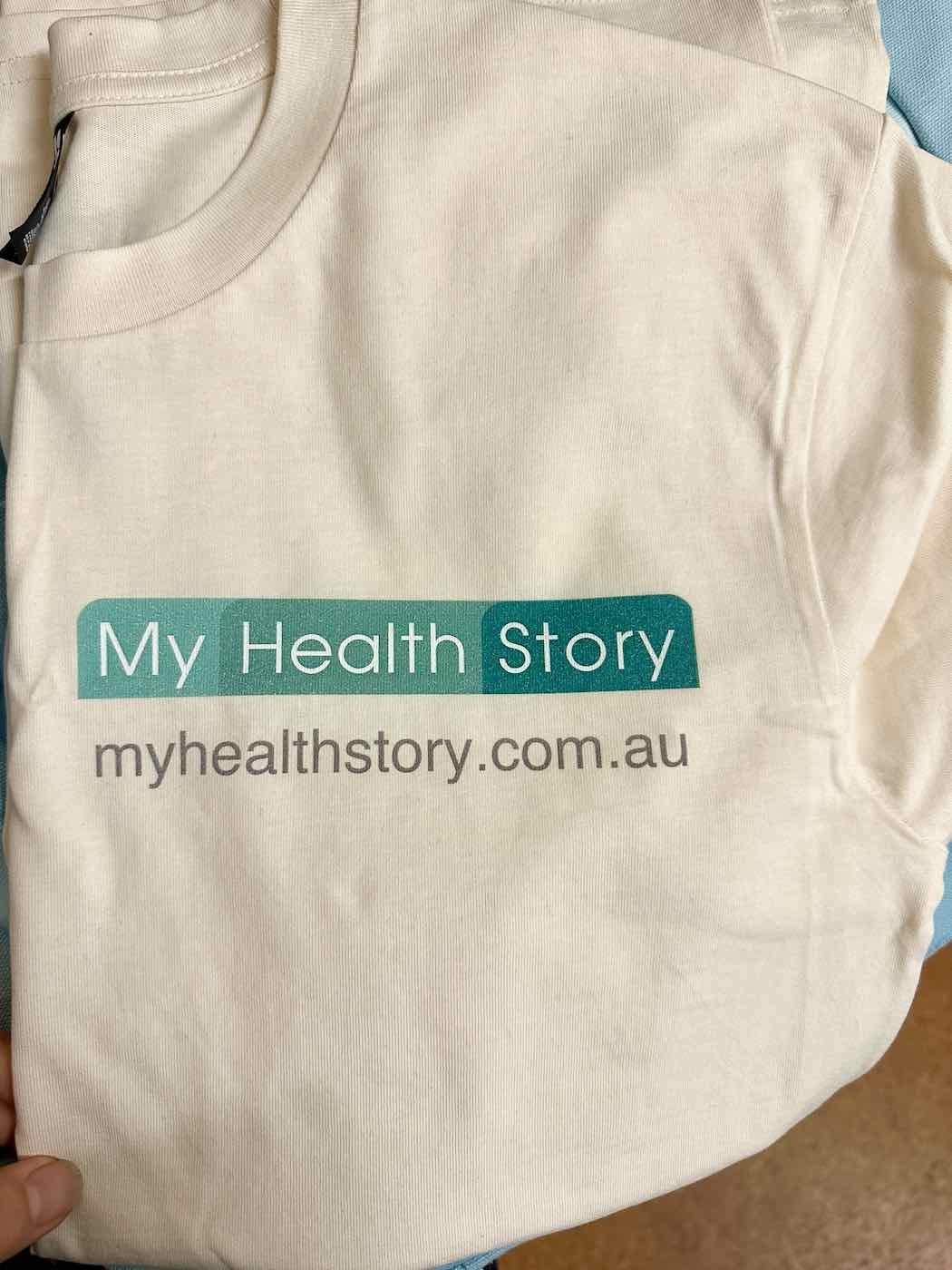Digital Storytelling for Health-Related Outcomes in Older Adults: Systematic Review
Authors: Jennifer Stargatt, Sunil Bhar, Jahar Bhowmik, Abdullah Al Mahmud</a
Abstract
Background:
Older adults face a unique set of challenges and may experience a range of psychological comorbidities. Digital storytelling is an emerging tool for sharing and recording lived experiences and may have the potential to support well-being but is yet to be systematically reviewed for use among older adults.
Objective:
The aim of this review is to examine the methods for creating digital stories, the health-related outcomes associated with creating digital stories, and the potential for implementing digital storytelling with older adults.
Methods:
We systematically searched electronic databases to identify articles published in English that reported on at least one health-related outcome of digital storytelling for participants aged ≥60 years. Data were extracted and synthesized using qualitative content analysis and summarized in tables. The methodological quality of the studies was assessed using the Mixed Methods Appraisal Tool.
Results:
A total of 8 studies were included in the review. Participants were primarily community-dwelling older adults living with dementia, involving family caregivers and professional care staff. Studies have taken various approaches to digital storytelling and reported diverse benefits associated with digital storytelling, including improvements in mood, memory, social engagement, and quality of relationships. Although the potential for implementation was not widely examined, some studies have presented evidence for acceptability and feasibility. Generally, studies were of high quality, despite the absence of comparator groups and confounder analyses.
Conclusions:
The evidence reviewed suggests that despite the various approaches taken, digital storytelling shows promise as an effective approach for supporting well-being in older adults.
